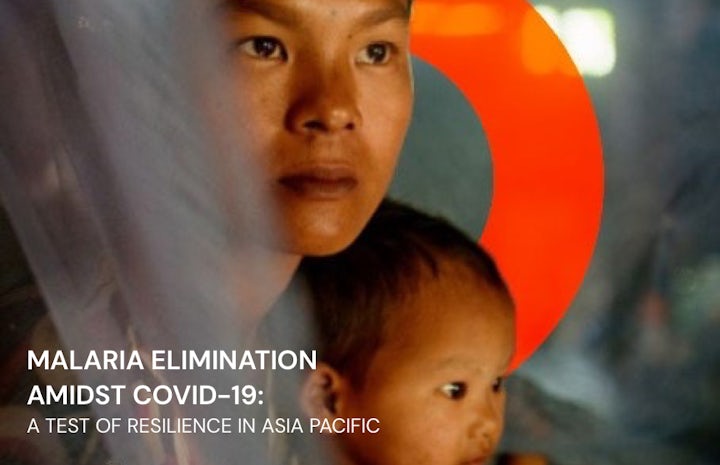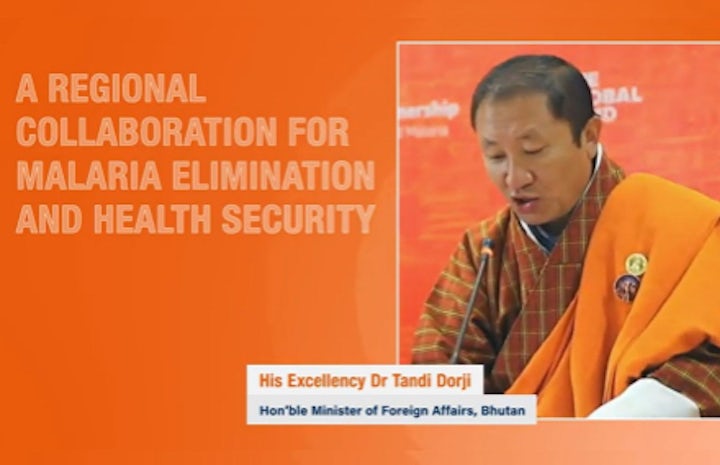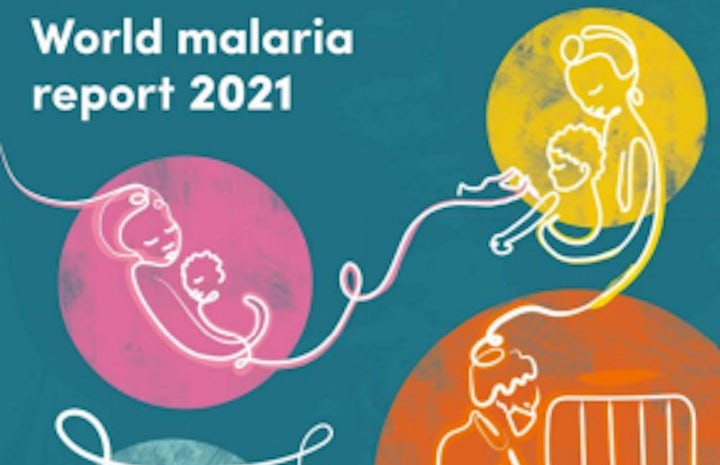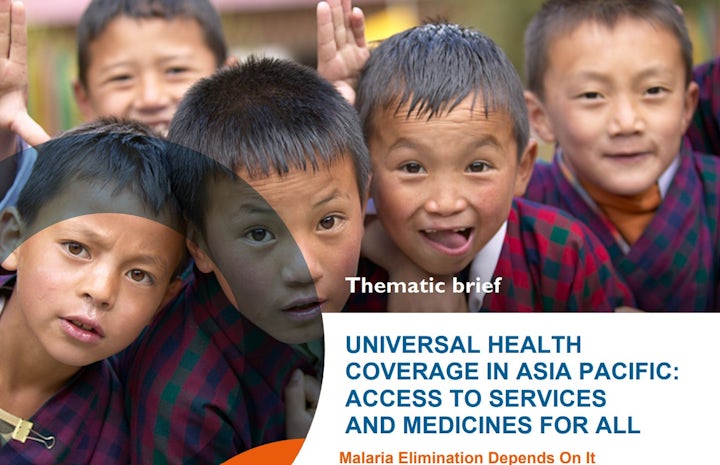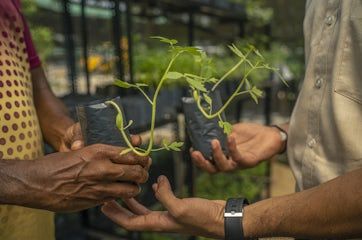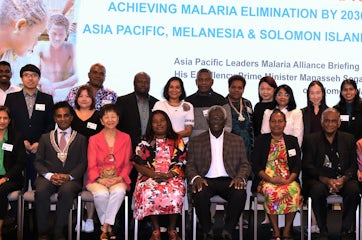Partners' Update January 2022
by APLMA •
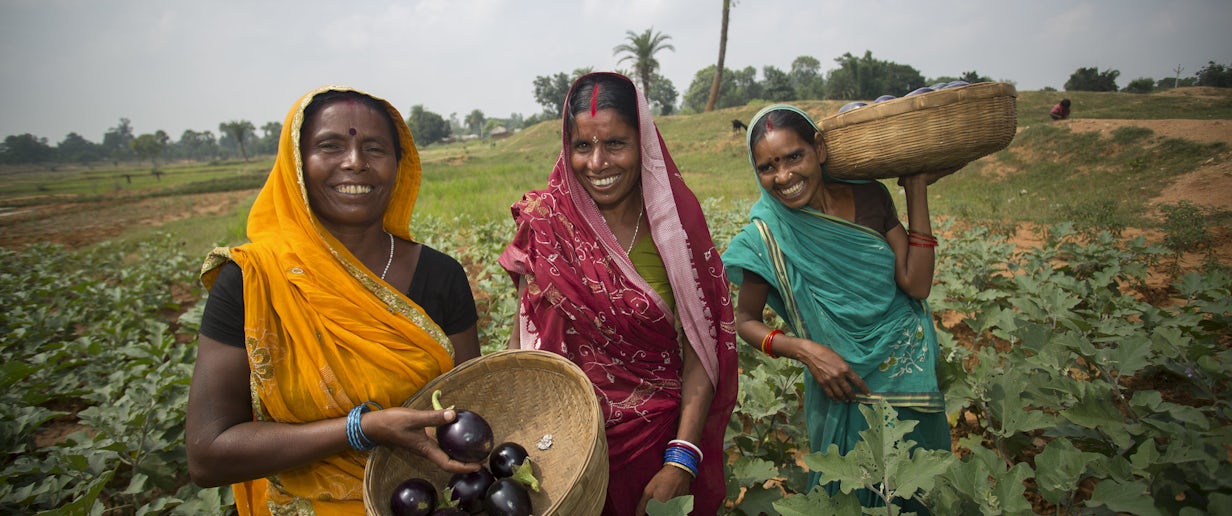
Photo of three women in colourful saris smiling in a field. Photo credit: USAID India
Dear Partners,
Happy New Year! We hope your 2022 is off to a good and healthy start.
The first two years of navigating COVID-19 has changed the way we view and approach global health and development. Many of us have adapted and evolved. Our malaria fight is no exception.
As I look back on 2021, we entered with determination and ended with great resolve, leadership and collaboration as demonstrated at our Asia Pacific Leaders Dialogue for Malaria Elimination. During the Dialogue we urged partners, countries, and the malaria community to accelerate malaria elimination and effectively address emerging health threats with the following actions:
1. Adopt a Whole of Government Approach by establishing/re-invigorating Interministerial Task Forces to address cross-sectoral malaria challenges. Malaria elimination requires the creation of a policy environment conducive to multi-stakeholder involvement across various sectors as it is not solely a health problem but a societal one.
2. Develop joint cross-border elimination plans to ensure effective implementation of harmonised activities at ground level. Coordinated efforts among neighbouring countries for managing and containing outbreaks, case management and case and foci investigation are needed to achieve malaria elimination and tackle other cross-border health challenges.
3. Ensure sustained funding for malaria service delivery and establish synergy with broader health systems funding to create programmatic efficiency. External financing (e.g., The Global Fund), commitment from Ministries of Finance and other stakeholders who influence national budget allocation decisions, and transition plans are all key to both reaching the elimination goal as well as preventing reintroduction in countries that have eliminated malaria.
Our recent report, Malaria Elimination Amidst Covid-19: A Test of Resilience In Asia Pacific, has highlighted the strength of our community and revealed inspiring stories of hope when we thought we would find setbacks. Despite the projected halt of progress due to disruptions, the situation brought forth remarkable resilience across the region. Leadership at all levels is the propeller.
We are inspired by the collaboration and resilience we have seen and are ready to begin a year of action to defeat malaria once and for all. But as we enter year three of this pandemic, we must continue to adapt and remain steadfast. In fact, there are many lessons in adaptation from other global eradication efforts - namely smallpox and polio, that offer wisdom for our community: ‘Elimination is a context specific balancing act between some level of health system integration and verticality to ensure we can reach the elimination goal’.
Every effort we make in the fight against malaria leaves a longer-term legacy that better prepares humanity to deal with future outbreaks and pandemic. We have the tools and resilience to defeat malaria even amidst extraordinary uncertainty. Our strength lies in our collective commitment to finish this historical fight.
Our collective win, is taking a step towards the dream of a malaria-free Asia Pacific by 2030.
Best wishes,
Dr Sarthak Das, DrPH
CEO, Asia Pacific Leaders Malaria Alliance


